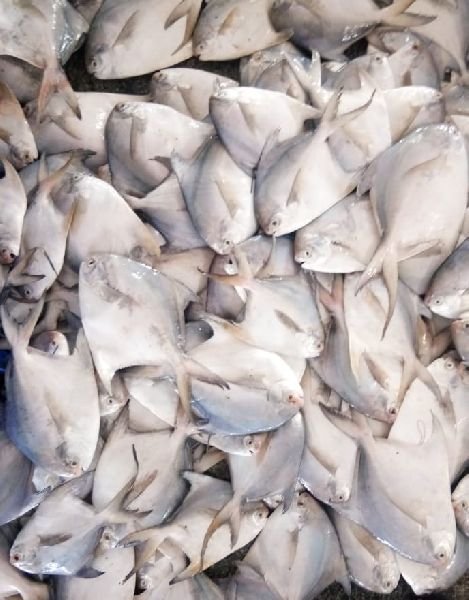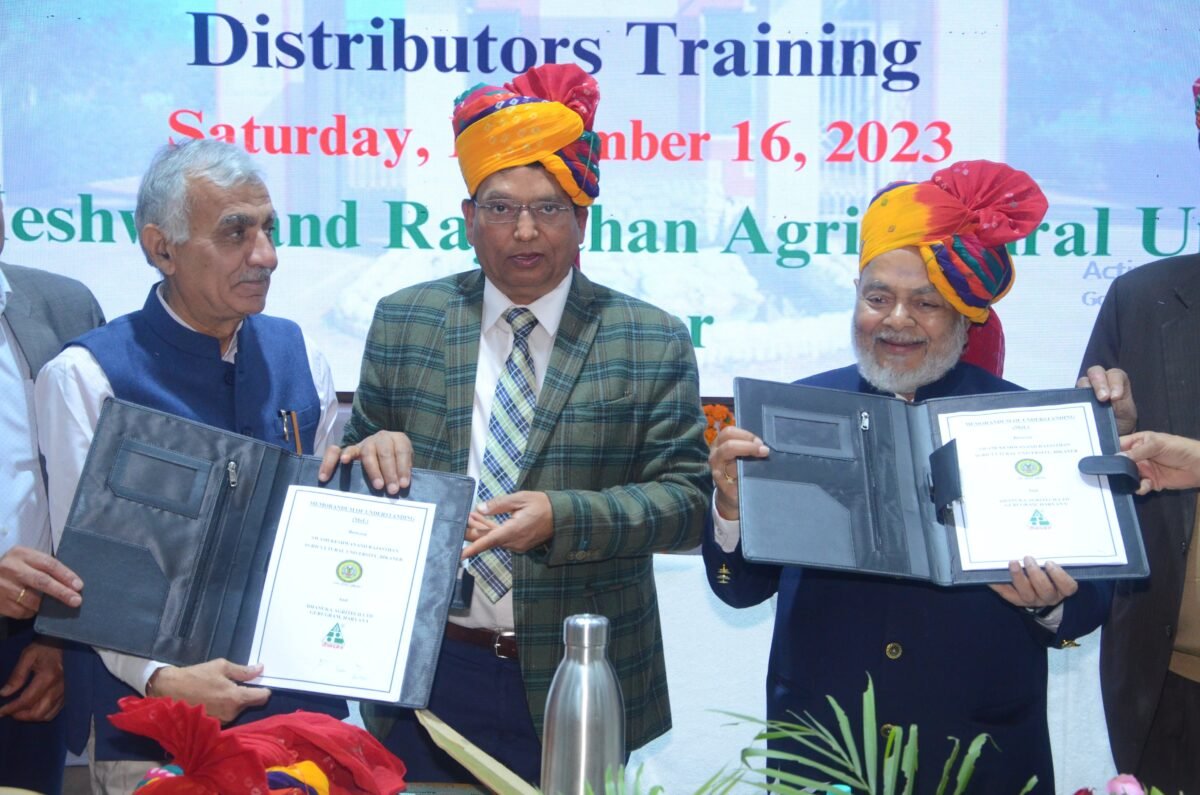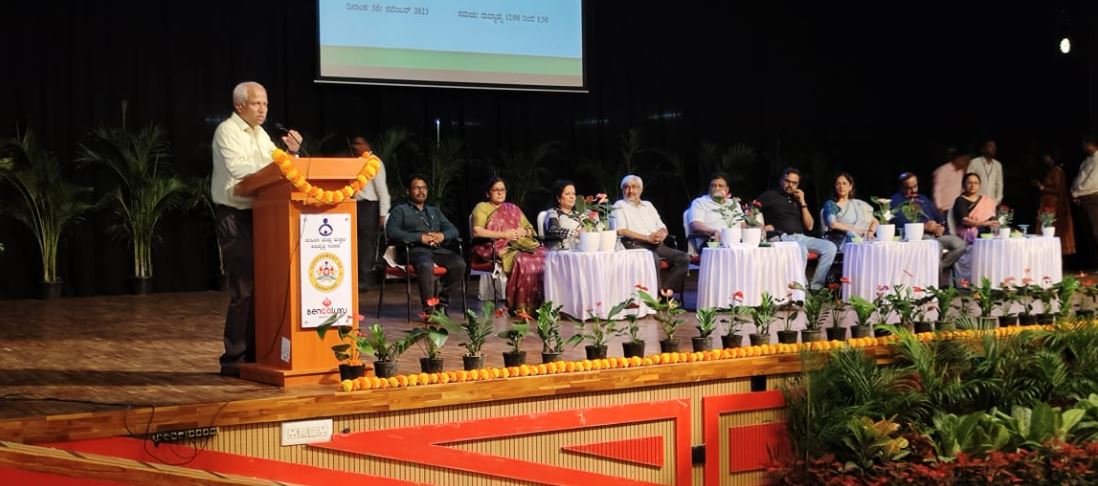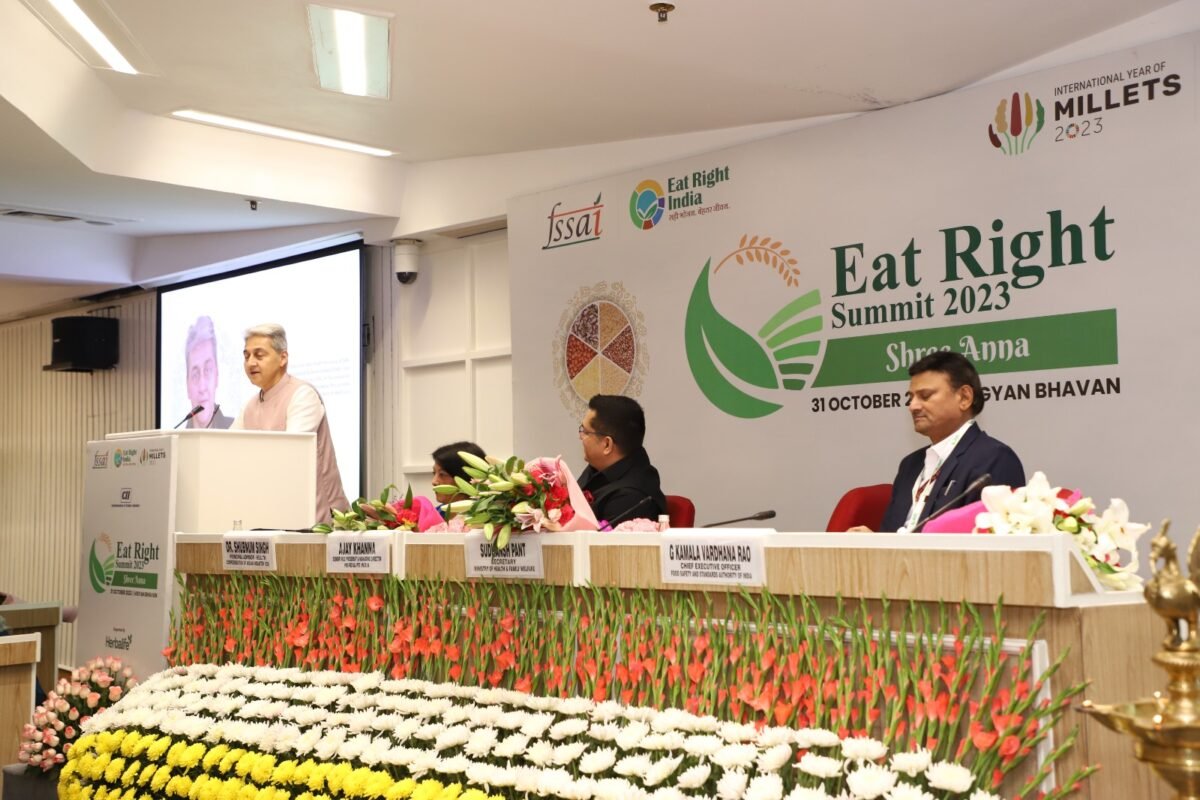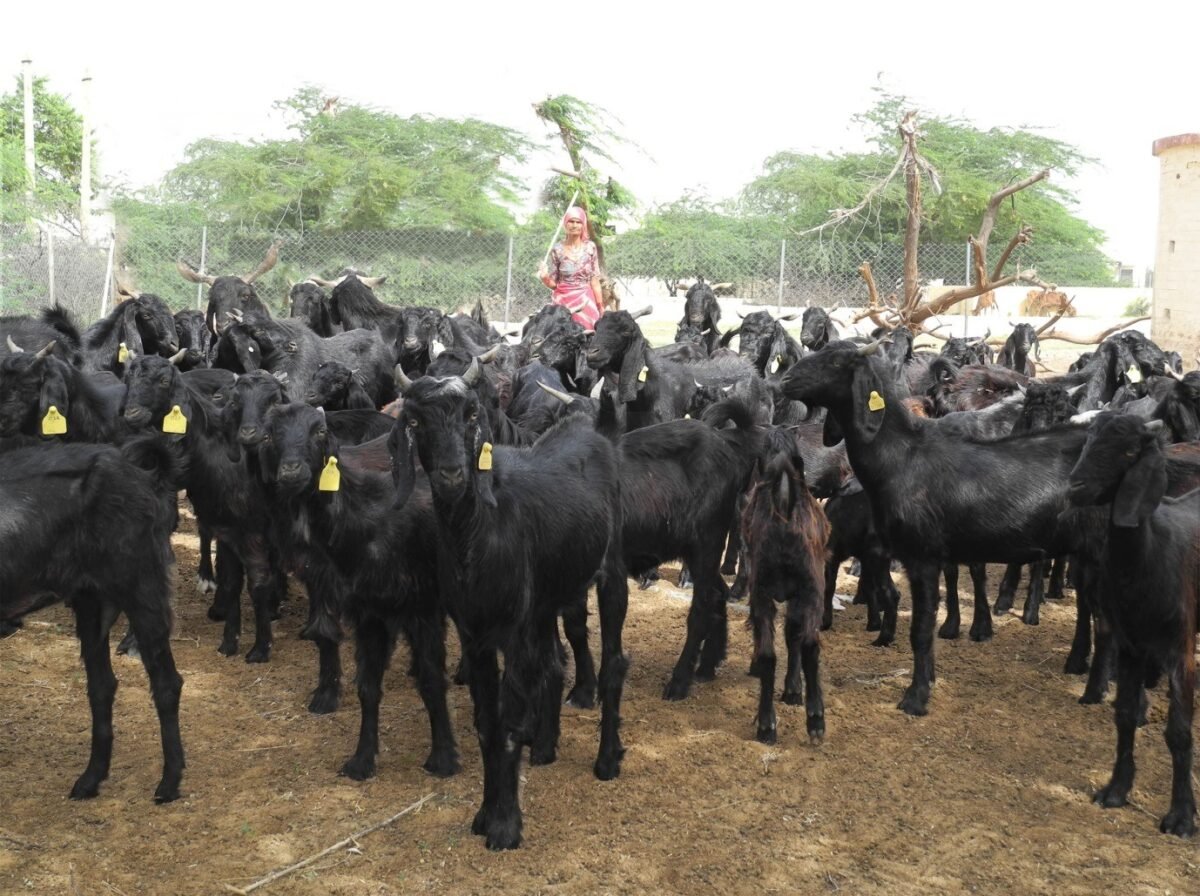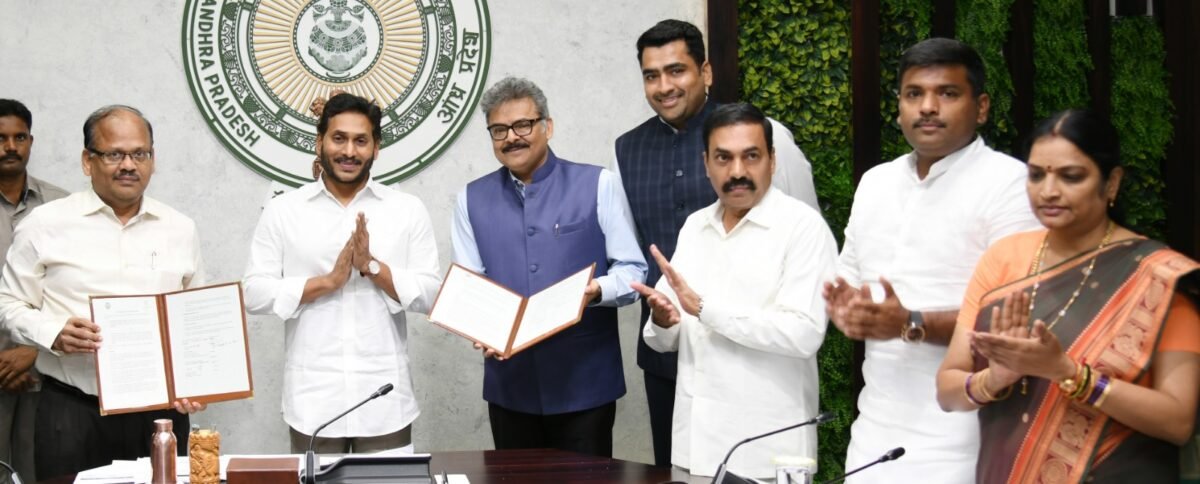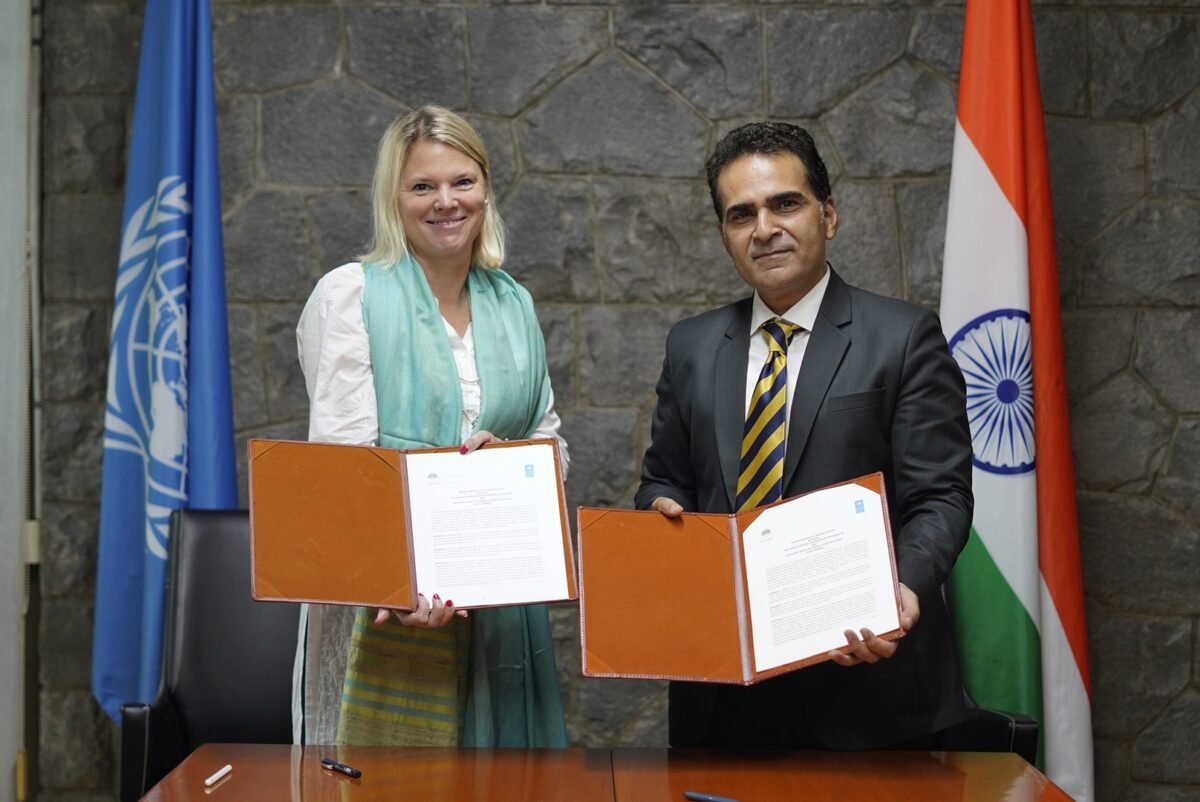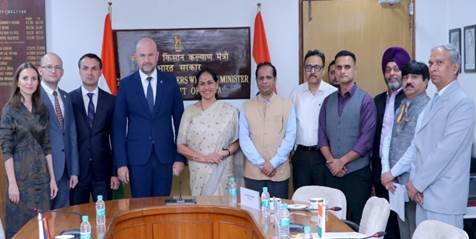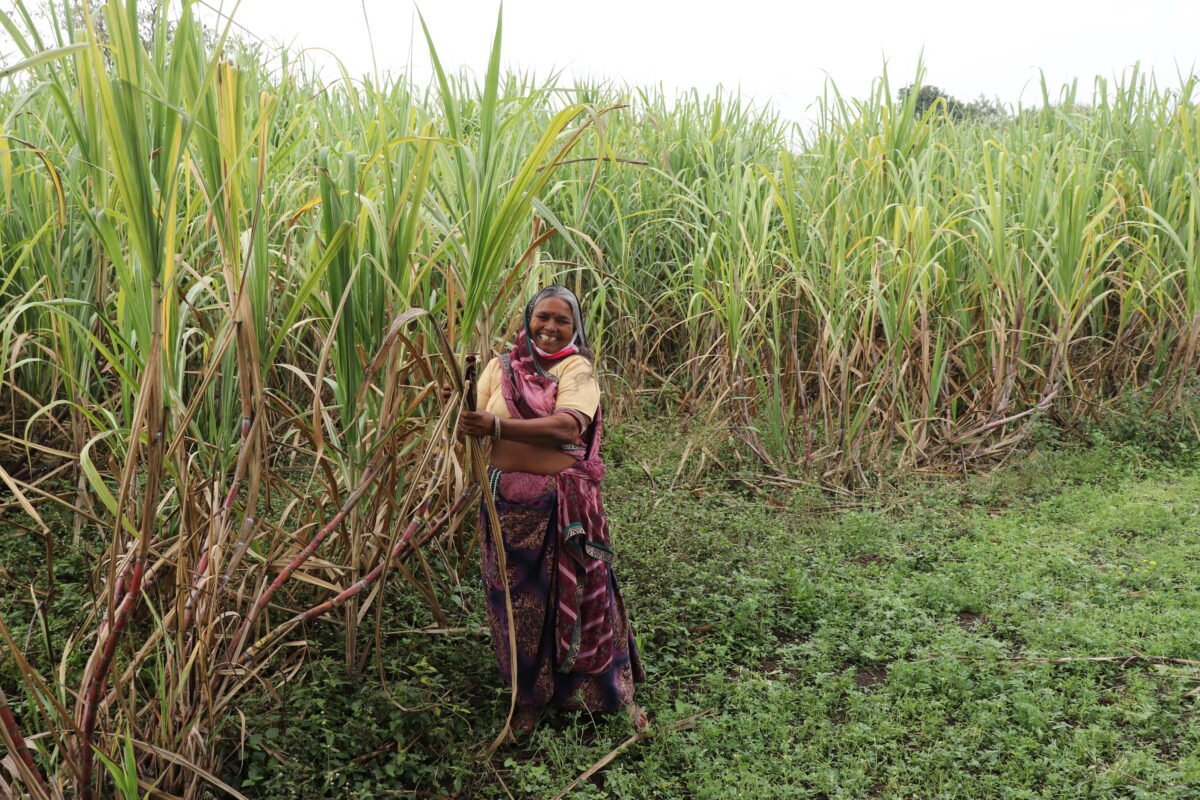CMFRI and Neat Meatt partners for India’s first cultivated fish
The Memorandum of Understanding (MoU) outlines that the Central Marine Fisheries Research Institute (CMFRI) will research early cell line development
The Central Marine Fisheries Research Institute of India has joined forces with Neat Meatt Biotech to create high-value marine fish in bioreactors. The institute is taking on the challenge of lab-grown fish for the first time in India to tackle the increasing demand for seafood and ease the strain on wild fish stocks. To create cultivated or lab-grown fish, scientists isolate specific cells from the fish and grow them in a laboratory setting using animal component-free media.
The final goal is to have a product that mimics the flavour, texture, and nutritional benefits of traditionally raised fish. Initially, the focus will be on developing cell-based high-value marine fish species, such as kingfish, pomfret, and seer. To launch this initiative in a public-private partnership mode, CMFRI has partnered with Neat Meatt Biotech, a start-up dedicated to developing cultivated meat. Dr A Gopalakrishnan, CMFRI director, and Dr Sandeep Sharma, co-founder, and CEO of Neat Meatt Biotech, signed a memorandum of understanding (MoU) regarding the newly formed partnership.
The Memorandum of Understanding (MoU) outlines that the Central Marine Fisheries Research Institute (CMFRI) will research early cell line development. This process involves isolating and cultivating fish cells for further study and analysis. In addition, the CMFRI will be responsible for carrying out genetic, biochemical, and analytical work associated with the project. The institute is equipped with a cell culture laboratory that provides essential facilities for research in cellular biology.
The Memorandum of Understanding (MoU) outlines that

